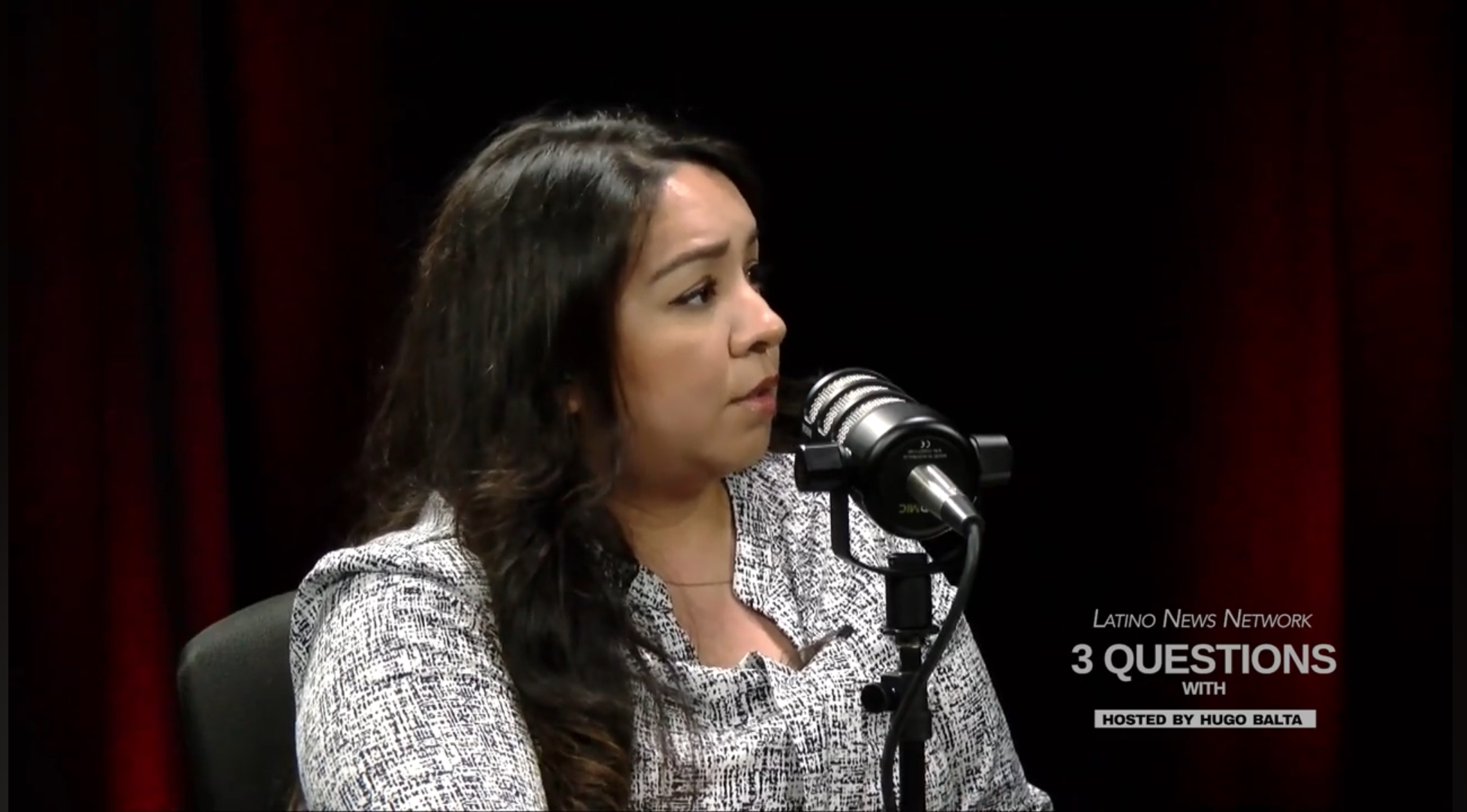September began with the yearly recognition of workers on Labor Day, a celebration of those whose labor keeps our economy moving. And now, during National Hispanic Heritage Month, it is appropriate to recognize just how critical Latino workers are to the economy and the lives of all Illinoisans.
Throughout the COVID-19 pandemic and recent labor shortages, Latinos have been working. Labor force participation rates among Latinos are the highest of any racial or ethnic group. Yet, a disproportionate share of Latino workers are segmented into low-wage, essential positions with no benefits and few protections. As the state of Illinois looks to lead the nation in planning and policies related to the future of work, improving quality job access for Latinos is of crucial importance for the overall health of Illinois’ economy.
A unique constellation of social and economic factors impacts many Latino workers, making them essential workers without crucial protections. As we saw during the height of the pandemic, Latino workers experienced the devastation of COVID in essential jobs that left them vulnerable to illness but kept the economy running.
Earlier in the year, as talk swirled about a “great resignation,” Latino labor force participation was as strong as ever. The economic burdens faced by Latino families were likely driving more Latinos into the workforce, rather than out of it. This is a logical step in a community where half of all workers earn $15 an hour or less. In addition, as the nation continues to grapple with a broken immigration system and a refugee crisis, Illinois has an opportunity to lead in providing access to quality jobs for all who settle here.
The recent report, “A ‘Great Resignation’ Not Due to Latinos: Latinos Still Working the Essential Jobs and Earning Too Little” from the Metropolitan Planning Council and The Latino Policy Forum, outlines five key policy recommendations that will help raise the floor for Latino workers while also strengthening the overall state economy:
• Address the barriers to homeownership and the decline in educational attainment by creating pathways for more Latinos to have jobs that pay wages allowing for homeownership and an ability to pay for educating children beyond high school.
-Address COVID-19’s economic devastation on Latinos and the role that workers and workplaces played by strengthening and enforcing policies to ensure workers are safe and not placing their lives at risk while on the job.
• Enable more Latinas to contribute to the growth of the workforce by enhancing wages and benefits, including access to affordable child care.
Address the massive disproportionate rates of COVID in the Latino community by providing access to an array of benefits, including paid time off, so that Latino workers can care for those dependent on them.
• Address worker shortages, stabilize the workforce and make significant economic contributions through immigration reform that resolve the process by which workers can move to and remain in the U.S., including a pathway to citizenship for undocumented workers.
The future of work in Illinois is only bright if all our workforce has decent wages, benefits and protections.
Sylvia Puente is president and CEO of The Latino Policy Forum. Daniel Cooper is director of research at the Metropolitan Planning Council.
Cover Photo: Pexels
Publisher’s Notes: This Op-Ed was first published in the Sun-Times: https://www.chicagobusiness.com/opinion/great-resignation-doesnt-include-illinois-latino-workers




